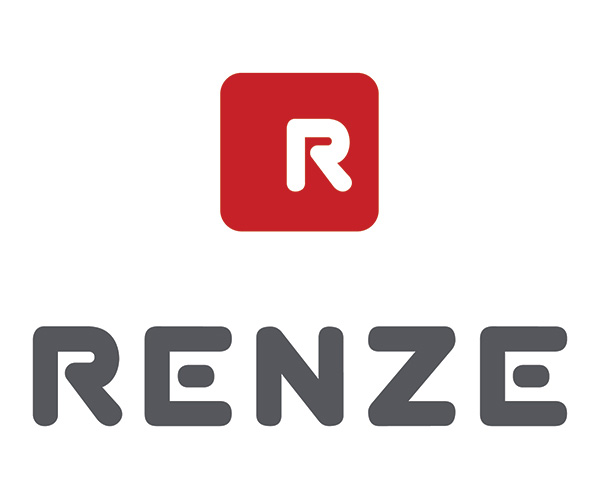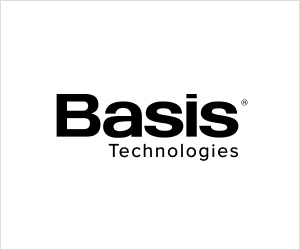Clark Rector, Jr., Executive Vice President of Government Affairs
Advertising Day on the Hill
Legislative Meet and Greet in Nebraska
Tax Reform Update
FCC Chairman Halts Privacy Rule
Advertising Under Attack
New FTC Bureau Director Named
Advertising Day on the Hill
A AF’s Advocacy and Action: Advertising Day on the Hill is less than a month away. This exciting event will be held on Thursday, March 30 with a pre-conference dinner on Wednesday evening, March 29. AAF’s Day on the Hill is the time for the advertising industry’s grassroots to be heard.
Attendees will be briefed on the issues by policy experts and lawmakers, including Representative Jim Renacci, R-Ohio, an influential member of the House Ways and Means Subcommittee on Tax Policy. They will then walk the Halls of Congress delivering the advertising industry’s message. The Day on the Hill is FREE to all AAF members, but registration is required. Sponsorship opportunities are available as well. Register early and come to Washington, DC in March to make your voice heard.
Attend Government
Affairs Conference Sponsor the
Government Affairs Conference
Legislative Meet and Greet in Nebraska
AAF grassroots are active in the states. On March 2 AAF-Omaha and AAF-Lincoln will host a Legislative Meet and Greet with State Senators to talk about the impact their decisions have on the advertising industry in Nebraska.
On February 7 AAF members from across Florida gathered for Advertising Day in Tallahassee organized by AAF’s 4th District.
Tax Reform Update
Shortly before the change in administrations, the Treasury Department’s Office of Tax Policy released a major report on The Case for Responsible Business Tax Reform. The report reveals a view within the Treasury Department that expensing (or fully deducting in the year in which the expense is incurred) the cost of advertising is expensive and inappropriate. As one of the last acts of the Department during the Obama administration, it is uncertain what it will mean during the new Trump administration.
The discussion of advertising is on page 16 of the document under “Expensing of Intangible Assets and the Research and Experimentation (R&E) Tax Credit.”
According to the authors, “Intangible assets include the value of knowledge (including ‘learning by doing’) and specialized products produced as a result of research spending, and the value of brand names produced in part through advertising.”
The document concludes that “…compared to capitalizing the depreciating [costs related to intangible assets]…expensing provides a substantial tax benefit to intangibles over tangible assets…This generous treatment [expensing] may be justified on the grounds that research generates ‘spillover’ benefits. Investors in research are unable to capture the full benefits of their investments because some of the knowledge it produces can be used by other businesses free of charge. However this justification may be less convincing for advertising and marketing expenses where significant spillover benefits seem less likely.” (Emphasis added)
While this document was prepared by the previous administration, it underscores the reality that the tax treatment of advertising is continually being considered. AAF and our allies in The Advertising Coalition will continue our ongoing education of Treasury officials as well as lawmakers on Capitol Hill.
Meanwhile, little public progress has been made on comprehensive tax reform since the last issue of Government Report, however it has become clear that many Senators of both parties view the “border adjustability” provisions of the House Republican’s Better Way Blueprint with a great deal of skepticism. The Blueprint has not been fully endorsed by the White House either. Many lawmakers and administration officials have said that they want tax reform done this year. Given the extreme complexity of the issue, and the apparent lack of a consensus approach, most observers believe that may be an overly ambitious goal.
Maintaining the current treatment of advertising as a fully deductible has gained a prominent defender. Grover Norquist, President of Americans for Tax Reform and a prominent anti-tax activist, wrote a recent letter to Congress “in opposition to changing the tax code to limit or remove the ability of businesses to deduct advertising costs as a necessary business expense from taxable income.”
Advertising has also lost a prominent defender. Dr. Kenneth Arrow, the 1972 Nobel Laureate in Economics has died. In 1990 Dr. Arrow with Dr. George Stigler, wrote a major thesis for The Advertising Coalition supporting the current deduction of advertising costs.
FCC Chairman Halts Privacy Rule
Federal Communications Commission, Chairman Ajit Pai has moved to stop implementation of a broadband privacy rule that was adopted by the previous chairman despite widespread opposition. AAF was among many groups that urged the action, arguing that the proposed rule was unnecessary since the Federal Trade Commission already has strong privacy protection standards. AAF was concerned that the FCC proposal was inconsistent with FTC standards and applied only to broadband providers, not the entire online ecosystem.
Advertising Under Attack
Advertising continues to be under attack around the world.
The British Medical Journal recently published a paper highly critical of a United Kingdom government report Childhood Obesity: A Plan for Action. The authors contend the government fell short in recommending action. In particular they noted that the report did not call for “stronger controls on advertising.”
The Canadian Heart and Stroke Foundation is calling for the elimination of all food and beverage advertising to children under the age of seventeen.
Medical groups in New Zealand are pushing for a ban on direct-to-consumer advertising of pharmaceuticals. New Zealand and the United States are currently the only two countries that allow DTC advertising. The Ministry of Health appears unlikely to opt for a ban. Ministry group manager of regulatory policy Hannah Cameron says appropriately regulated advertising is considered preferable to a full or partial ban, “which could result in consumers pursuing unregulated and inaccurate information from social media, the internet and other sources”.
New FTC Bureau Director Named
Acting Federal Trade Commission Chairman Maureen Ohlhausen has appointed Thomas Pahl to the the Acting Director of the FTC’s Bureau of Consumer Protection. Pahl has been a vocal advocate of deregulation. He comes to the agency from private practice, but has previously held numerous positions at the FTC, including a stint as Assistant Director in the Division of Advertising Practices.
The AAF Government Report is available to all members of the AAF. If you are interested in receiving an emailed copy, please email government@aaf.org.
If you are interested in receiving the AAF SmartBrief, an opt-in news service, please visit www.smartbrief.com/aaf. The AAF SmartBrief condenses advertising industry news from dozens of media sources into a succinct, easy to read email.




